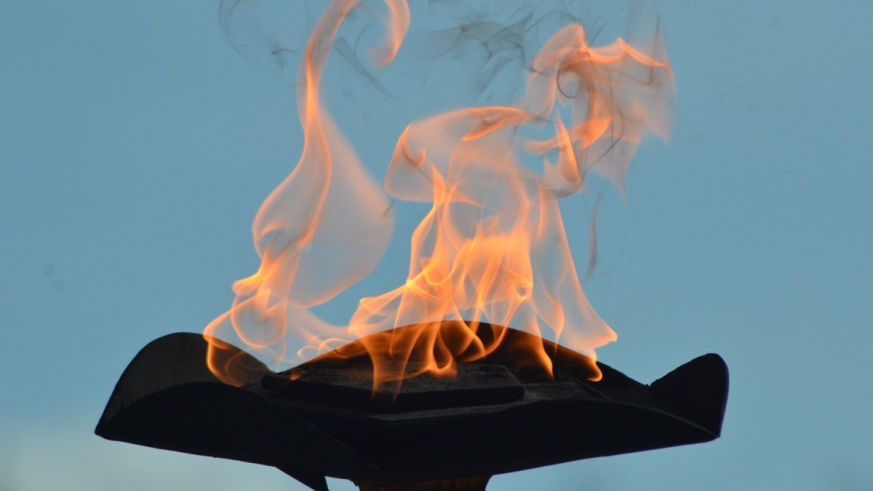

Twenty-six years later, the Genocide against the Tutsi is still questioned by acclaimed infamous deniers worldwide. The distortion of Rwanda’s history has encouraged perpetrators to roam free while undercutting respect the victims deserve.
The endless attempts to twist the facts should serve as a stark reminder that Genocide education is not a luxury, but a necessity for an all-round progress. More so, the education is an opportunity for the post-1994 cohort to be at par with history, instill in them consciousness of human rights, and build virtues that empower global changemakers.
The abundance of academic tools, mechanisms, and resources in regards to the Genocide is growing. It is our duty, as young people, to wear the responsibility of remembering and learning – irrespective of the generational difference.
The available literary works are a recommendable start into discerning what led to the 1994 horrors. Distinguished scholars, authors and artists, and survivors have published thousands of written pieces, artworks, and audio-visual files for public consumption.
The Genocide Archive of Rwanda <http://genocidearchiverwanda.org.rw/>, a portal that compiles resources on pre-colonial and recent times, is also among the useful platforms to teach about the Genocide, dangers of denial, as well as the importance of prevention.
Young people should delve into these prolific collections and use the newfound information to solve modern challenges. The documentation from trusted sources can inspire conversations, and act as a tool to confront on and offline mistruths.
We stand without an ounce of excuse but to keep ourselves informed, and keep the negationists in check.
The Genocide education encourages Rwanda’s youth, which accounts for over a half of the population, to participate in social policy and development.
Last year in April, I was part of ‘Generation 25’ (G25), an initiative by Ubumuntu Arts Festival. G25 explored effects of the Genocide to those born after 1994, and served as an avenue to exchange views on a past we never experienced – in the context of how it influences current and future social dynamics.
More than 5,000 guests watched as a young man whose father committed the Genocide against the Tutsi, a survivor who lost loved ones, and youth-focused institutions describe their respective but intertwined journeys in renewing the country.
The interactive conversations affirmed the power of society-driven activities in promoting reconciliation, peace-building and addressing generational trauma. Though our story is painful, it is only right to use every page in its book to champion a change of behaviour – one filled with unity and humanism. That’s what makes the transformation inclusive and resolute.
Learning about a genocide that claimed over a million lives of Tutsi is in itself a benevolent service to the entire human race. Rwanda’s 1959-1994 era transcends beyond a domestic point of view. It carries a global potential to heed a warning on collective failure and what comes after. Besides home, the Holocaust, the Armenian Genocide, and Myanmar events also reveal how episodes of discrimination, indifference, and prejudices can explode into mass atrocities. When violence is in question, it’s worth noting that youth has been a political instrument in fueling conflicts at the expense of ignorance. In the light of history, we can certainly choose better. If we study how inhumane acts drive a wedge between communities, we will be challenged to cultivate moral values we need to flourish.
Put simply, Genocide education is the backdrop of peace-building and reconciliation that Rwandans need. The resilience is found in relentless wit to draw lessons from the past and keep the memory aflame. The youth’s contribution is absolutely essential.
With resources at hand, we owe it to the country to learn and pass on the knowledge to our descendants. Without reserve. Entertaining the silence is a highway to hostility and alienation to history. The history we all share as Rwandans and humankind. Learn, create, inspire: we carry more than one million lost stories to tell.
The writer is a social commentator based in Kigali
Twitter: @Rugaamba


